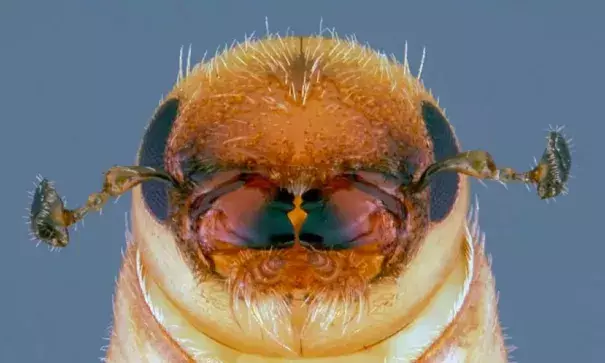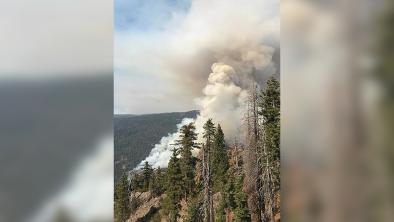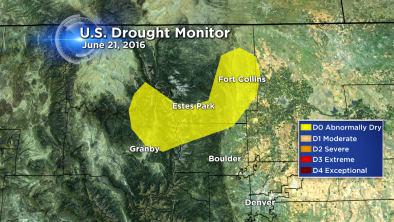Pine-Killing Southern Beetle May Be More Deadly in North

A beetle that has killed millions of acres of pines in southern forests is munching its way north, and new research suggests its tree-killing prowess could be magnified in cooler climes.
Once unheard-of north of Delaware, southern pine beetles have been steadily expanding their range as the climate warms. Efforts are underway to quell a large outbreak in Long Island's pine barrens and monitoring traps have caught beetles as far north as New England. The insect could reach Nova Scotia by 2020 and cover forests from the upper Midwest to Maine by 2080, according to a Columbia University study published in the journal Nature Climate Change in August.
Now there's more bad news in a new study from Dartmouth College: Cooler fall and winter temperatures in this new range increase the beetle's destructive potential. That's because larvae developing in the fall are put on hold as pupae when the temperature drops below 50 degrees Fahrenheit (10 degrees Celsius), to emerge as adults for a mass killing spree in springtime.
The researchers found that in warmer regions, beetles mature at various times rather than all at once.
"The way they kill trees is by attacking in large numbers, like a pack of wolves killing a moose," said Matthew Ayres, co-author of the study published last month in the journal Oecologia. "When they all attack at once, they draw down the tree's defenses — bleed it out — and the tree is toast."
...
The synchronized development brought about by cooler winters gives another means of massive attack.
"The power of numbers from synchronously emerging beetles can spell disaster for pine trees," said lead author Jeffrey Lombardo.
...
Areas most at risk of southern pine beetle infestation are pitch pine barrens, which are scattered around the Northeast including Long Island and Albany in New York and Cape Cod in Massachusetts.
Related Content




